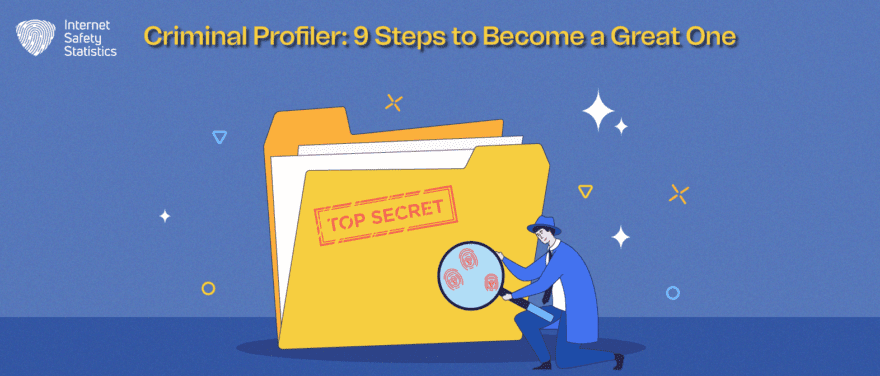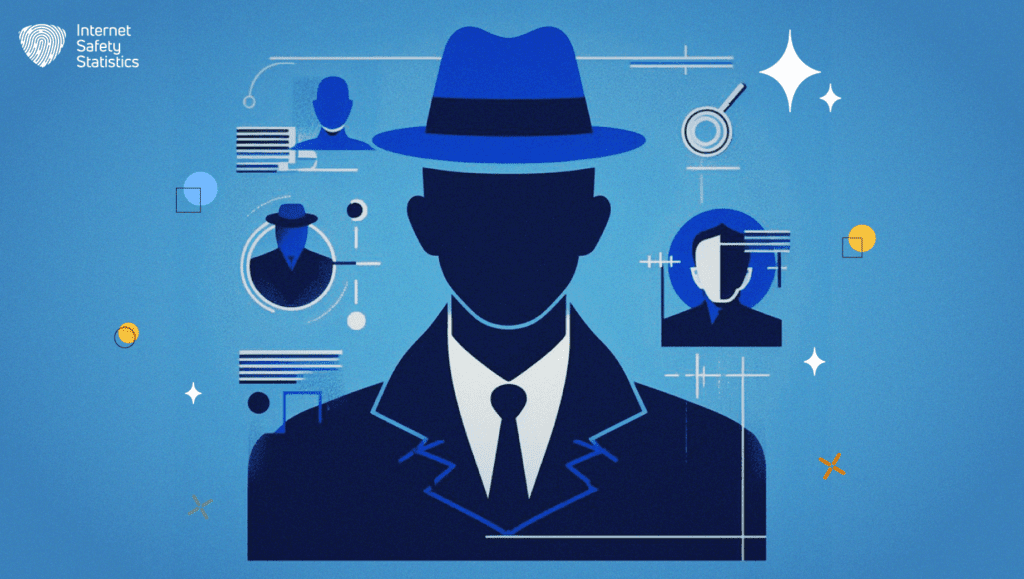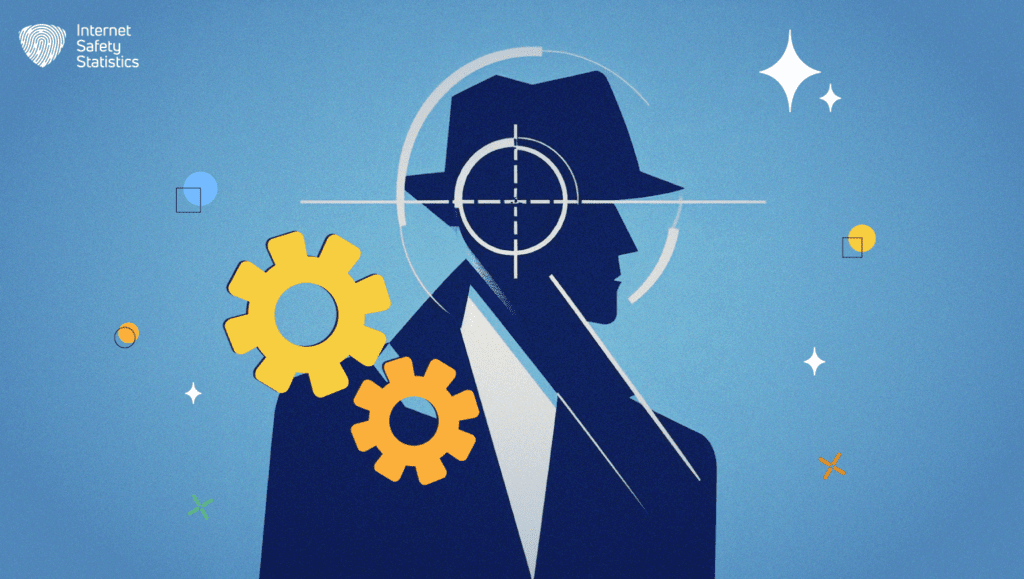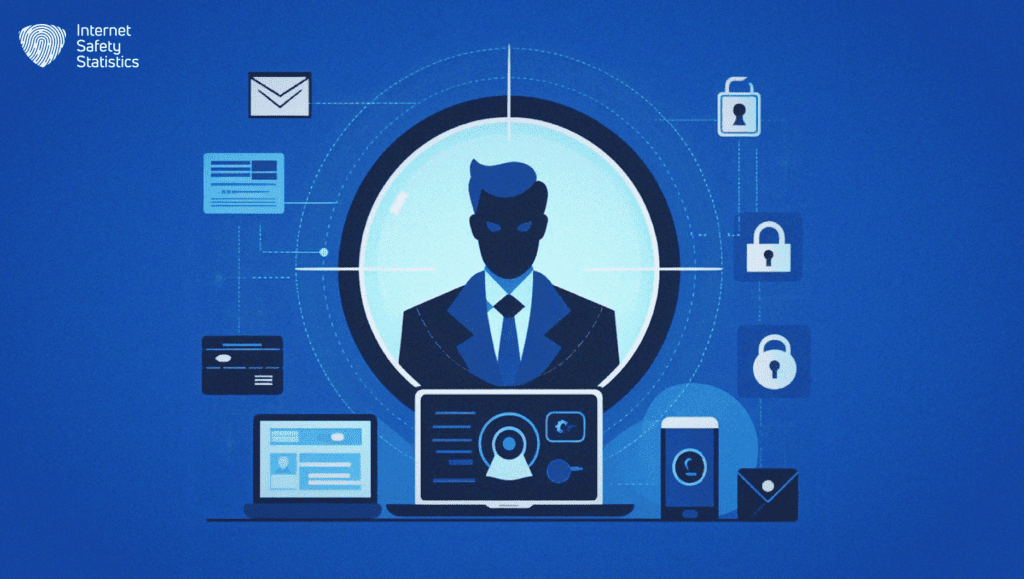
The criminal profiler major emerges as a gateway to this fascinating yet challenging domain, where psychology, criminology, and forensic science converge to create a specialised and impactful career path. In the pursuit of justice, people with a passion for unravelling the mysteries behind crimes often find themselves drawn to the field of criminal profiling.
This article will cover the aspects of a criminal profiler major, shedding light on the educational foundation, skill development, and the rewarding challenges that pave the way for a career in deciphering the complexities of criminal behaviour.
What Is Criminal Profiler Major?

Criminal profiling, also known as criminal psychology or forensic psychology, isn’t typically a standalone major. Instead, it often falls under the broader umbrella of psychology or criminology. Students interested in becoming criminal profilers might major in psychology or criminology and then pursue specialised training or graduate studies in forensic psychology.
These majors provide a foundation for understanding human behaviour, criminal justice systems, and the psychological aspects of crime. Criminal profilers need a strong grasp of human psychology, criminal behaviour patterns, and investigative techniques. Advanced coursework or training in forensic psychology can further enhance their ability to analyse and predict criminal behaviour.
So, suppose you’re intrigued by the world of criminal profiling. In that case, you should look into psychology or criminology programs and consider specialising in forensic psychology.
How To Become a Criminal Profiler?

Becoming a criminal profiler involves a combination of education, experience, and specialised training. Here’s a general path you might consider:
- Educational Foundation: Start by earning a bachelor’s degree in psychology, criminology, sociology, or a related field; this provides a solid foundation in understanding human behaviour and the criminal justice system.
- Gain Experience: Gain practical experience by working in a related field, such as law enforcement, as a police officer, or in another criminal justice role. This experience can provide valuable insights into the workings of the criminal justice system.
- Advanced Education: Pursue advanced education in forensic psychology or a closely related field. Some criminal profilers have a master’s degree, while others hold a Ph.D. This advanced education allows you to specialise in forensic psychology and better understand criminal behaviour.
- Specialised Training: Consider attending specialised courses or workshops in criminal profiling. Some organisations and institutions offer training programs for individuals interested in becoming profilers.
- Build a Profile Portfolio: Engage in research and case studies to build a portfolio showcasing your analytical skills, including analysing past criminal cases, understanding patterns, and developing profiles.
- Networking: Network with professionals in the field, including current criminal profilers, forensic psychologists, and law enforcement officials. Attend conferences, seminars, and workshops to make valuable connections.
- Apply for Positions: Find job opportunities with law enforcement agencies with profiling units. Positions might include working as a criminal investigator, intelligence analyst, or forensic psychologist.
- Gain Practical Experience: Once hired, undergo on-the-job training to develop your profiling skills further. Learn from experienced professionals and actively participate in investigations.
- Continuous Learning: Criminal profiling is a constantly evolving field. Stay informed about the latest research, technology, and methodologies in forensic psychology and criminal profiling.
So, the path to becoming a criminal profiler can vary, and there is no one-size-fits-all approach. It often requires a combination of education, experience, and a proactive approach to skill development and networking.
What Are the Criminal Profiler Job Duties?

Criminal profilers play a crucial role in criminal investigations by using their psychology, behaviour analysis, and criminology expertise to create profiles of unknown offenders. Here are some of the typical job duties of criminal profilers:
- Crime Scene Analysis: Examine crime scenes to understand the dynamics and patterns of the crime. Analyse evidence to identify the behavioural characteristics of the perpetrator.
- Victim Profiling: Study information about victims to identify potential patterns and motivations, considering the relationship between the offender and the victim.
- Behavioural Analysis: It is about analysing crime scene details, modus operandi, and offender behaviour to create a psychological profile. Identify patterns, motives, and potential triggers for criminal behaviour.
- Case Consultation: Collaborate with law enforcement agencies and investigators to provide insights and guidance on ongoing investigations. Assist in developing investigative strategies based on behavioural analysis.
- Profile Development: Create comprehensive profiles of unknown offenders, including potential demographic information, psychological traits, and behaviour patterns. Provide information that can aid law enforcement in narrowing down suspect lists.
- Witness and Suspect Interviews: Assist in developing interview strategies for witnesses and suspects based on behavioural analysis—guide understanding deceptive behaviours and eliciting helpful information.
- Case Documentation: Prepare detailed reports documenting the analysis and findings of behavioural profiling. Present findings clearly and concisely for use in investigations and legal proceedings.
- Expert Testimony: Provide expert testimony in court regarding the psychological aspects of a case. Explain and defend the validity of the profiling process and its relevance to the investigation.
- Continuous Research: Stay updated on the latest research in forensic psychology, criminology, and related fields. Incorporate new findings and methodologies into profiling practices.
- Training and Education: Train law enforcement personnel on criminal profiling and behaviour analysis principles. Educate others in the criminal justice system about the value of profiling in investigations.
The specific duties of a criminal profiler can vary based on the organisation, the nature of the crimes being investigated, and the profiler’s experience level. Profilers often work closely with law enforcement agencies, and their work contributes significantly to the understanding and apprehension of criminals.
Is It Worthy to Work as A Criminal Profiler?

Whether working as a criminal profiler is “worthy” depends on individual interests, career goals, and personal satisfaction. Here are some factors to consider:
- Fulfilment: If you have a genuine interest in understanding criminal behaviour, solving mysteries, and contributing to law enforcement efforts, the work can be deeply fulfilling.
- Impact: Criminal profilers can significantly impact investigations, helping law enforcement agencies apprehend criminals and prevent future crimes.
- Intellectual Challenge: The job involves complex analysis, critical thinking, and constant learning. If you enjoy intellectual challenges and solving puzzles, it can be rewarding.
- Contribution to Justice: Working as a criminal profiler allows you to contribute to the justice system by providing valuable insights that can aid in solving cases.
- Variety of Work: Profilers often work on various cases, each presenting unique challenges. This variety can make the job interesting and dynamic.
- Job Satisfaction: Many people find satisfaction in knowing that their work directly contributes to public safety and the well-being of communities.
However, it’s essential to consider the challenges as well:
- Emotional Toll: Dealing with violent and disturbing crime scenes and studying the darkest aspects of human behaviour can take an emotional toll.
- Job Demands: The job can be demanding, involving long hours, tight deadlines, and high-pressure situations.
- Limited Positions: Positions as criminal profilers are limited, and competition can be fierce. Securing such a position may require advanced education, experience, and networking.
- Continuous Learning: Staying current in the field requires ongoing education and keeping up with advancements in forensic psychology and criminology.
So, whether it’s “worthy” depends on your passion for the work, your ability to cope with the challenges, and your commitment to making a positive impact in criminal profiling. It could be a fulfilling and meaningful career path if you find the subject matter intriguing and are deeply interested in contributing to law enforcement efforts.
What Are the Rewarding Challenges That Pave the Way for A Career in Criminal Profiling?

The career path in criminal profiling is rewarding and challenging, offering professionals a unique opportunity to make a meaningful impact in law enforcement. Here are some rewarding challenges that pave the way for a fulfilling career in criminal profiling:
Solving Complex Mysteries:
Here are a challenge and a reward for solving complex mysteries in the criminal profiling career:
- Challenge: Criminal profilers are tasked with unravelling intricate mysteries, analysing crime scenes, and understanding the motivations behind criminal behaviour.
- Reward: Successfully solving complex cases brings a deep sense of accomplishment and contributes to justice.
Understanding Human Behaviour:
Here are a challenge and a reward for understanding human behaviour in the criminal profiling career:
- Challenge: Profilers delve into the depths of human psychology, seeking to understand the motivations, triggers, and patterns that drive criminal actions.
- Reward: Gaining insights into the human mind and behaviour provides a unique perspective and contributes to developing profiles that aid investigations.
Contributing to Public Safety:
Here are a challenge and a reward for contributing to public safety in the criminal profiling career:
- Challenge: The work of criminal profilers directly impacts public safety by helping law enforcement apprehend dangerous individuals.
- Reward: Knowing that your efforts contribute to the well-being of communities and preventing future crimes is inherently rewarding.
Continuous Learning and Adaptation:
Here are a challenge and a reward for continuous learning and adaptation in the criminal profiling career:
- Challenge: Staying updated on advancements in forensic psychology, criminology, and technology requires a commitment to continuous learning.
- Reward: Embracing the challenge of staying informed ensures that profilers remain at the forefront of their field, equipped with the latest tools and methodologies.
Providing Expert Testimony:
Here are a challenge and a reward for providing expert testimony in the criminal profiling career:
- Challenge: Profilers may be called upon to provide expert testimony in court, requiring the ability to communicate complex psychological concepts to a diverse audience.
- Reward: Being recognised as an expert in the field and contributing to legal proceedings adds a layer of professional accomplishment.
Collaboration with Law Enforcement:
Here are a challenge and a reward for collaboration with law enforcement in the criminal profiling career:
- Challenge: Working collaboratively with law enforcement agencies involves effective communication, teamwork, and understanding the dynamics of criminal investigations.
- Reward: Building strong partnerships with law enforcement fosters a collective approach to solving cases and achieving positive outcomes.
Impactful Guidance in Investigations:
Here are a challenge and a reward for impactful guidance in investigations in the criminal profiling career:
- Challenge: Profilers provide guidance and insights to investigators, influencing the direction of ongoing cases.
- Reward: Seeing the practical application of your analysis leading to breakthroughs in investigations is inherently satisfying.
Building a Unique Skill Set:
Here are a challenge and a reward for building a unique skill set in the criminal profiling career:
- Challenge: Developing expertise in criminal profiling requires a combination of education, training, and hands-on experience.
- Reward: Building a unique skill set that allows you to approach cases with a distinctive perspective and contribute to advancing forensic sciences.
The rewarding challenges of a career in criminal profiling lie in the ability to overcome complexity, understand the human psyche, and positively impact society’s safety and well-being. It’s a career that demands dedication, resilience, and a passion for seeking justice.
It becomes evident that this academic pathway is not just a course of study but a transformative journey into the minds of those who operate in the shadows. The blend of psychology, criminology, and forensic science equips individuals with the tools to construct profiles that serve as a beacon in pursuing justice. Beyond the academic rigours, a criminal profiler major offers a chance to make a real impact, contributing to the safety and well-being of communities.
It is a testament to the power of education in empowering individuals to confront the challenges of the criminal justice system head-on, armed with insight, analysis, and an unwavering commitment to understanding the human psyche in the context of crime.
